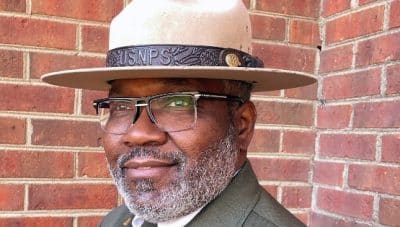Why is the Virginia Legislature afraid to have laws that allow viable challenges to wrongful convictions? Does finality really trump true justice and freeing the actually innocent? Can a victim really have finality if an innocent person is sitting in prison for a crime they did not commit? Isn’t that actually just another crime in itself?

Most states allow for challenges to wrongful convictions, something that has only been permitted in Virginia since 2001 in cases where biological evidence is concerned and since 2004 for cases where no biological evidence was available. Virginia waited until the 21st century to catch up with the rest of the world, but there are still exclusions for those who may have pled guilty in fear of life sentences or by coercion. Some may remember that Earl Washington, Jr. confessed to a crime that he did not commit, only to be proven innocent by DNA much later on after serving over 15 years behind bars. So, why not just allow an innocent man the opportunity to prove his innocence, even if it means a successive petition, especially when there has been a change in the Code of Virginia that would affect the outcome?
We are hoping that you will bring some public awareness to this issue.
Let’s not continue to waste taxpayer dollars in defending these cases in federal courts, let’s not continue to drain the Commonwealth’s budget to keep innocent people in prison. Make Virginians aware of what is going on in our Legislature.
Keith William DeBlasio is the executive director of AdvoCare Inc.










